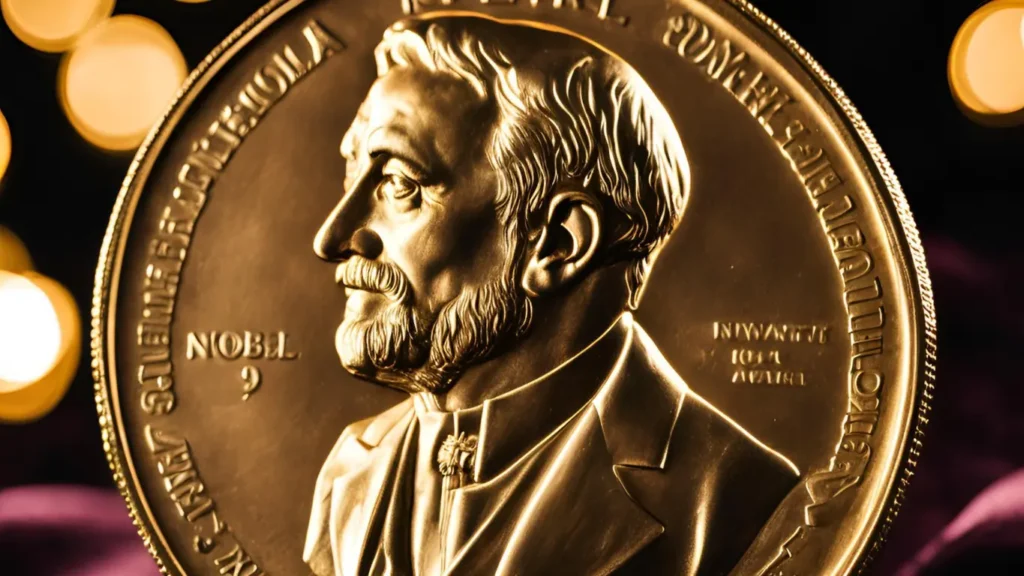
- India has long been a cradle of scientific brilliance, producing minds that have shaped global research and innovation.From the Raman Effect to groundbreaking advancements in medicine, Indian Nobel Prize winners have contributed immensely to science.
- Their legacy continues to inspire young researchers and students across the country. Let’s explore India’s scientific Nobel laureates, their remarkable contributions, and how their work has changed the world.
The Discovery of the Raman Effect
Sir Chandrasekhara Venkata Raman made history in 1930 by becoming the first Indian to receive the Nobel Prize in Physics for his discovery of the Raman Effect. This phenomenon explains how light scatters when it interacts with molecules, a breakthrough that transformed the field of spectroscopy.
Impact on Science and India
Raman’s discovery not only laid the foundation for modern optics but also proved India’s ability to produce world-class scientific research. His legacy is celebrated every year on February 28th as National Science Day. Institutions like the Raman Research Institute in Bangalore continue to drive advancements in physics inspired by his work.
Unravel the Secrets of the Raman Effect
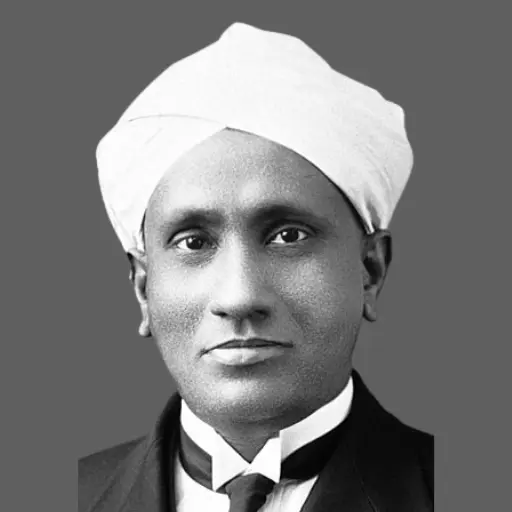
1. CV Raman – The First Indian Nobel Laureate in Science
Revolutionizing Molecular Biology
Born in British India (now Pakistan), Har Gobind Khorana won the Nobel Prize in Physiology or Medicine in 1968 for his work in decoding the genetic structure of DNA. His research on nucleotides was crucial in understanding how genetic information is stored and expressed in living organisms.
Significance of His Work
Khorana’s research played a pivotal role in biotechnology and genetic engineering, leading to advancements like gene therapy and synthetic DNA. His contributions remain fundamental in medical research, agriculture, and biotechnology industries worldwide.
Explore Har Gobind Khorana’s Breakthrough in Cracking the Genetic Code
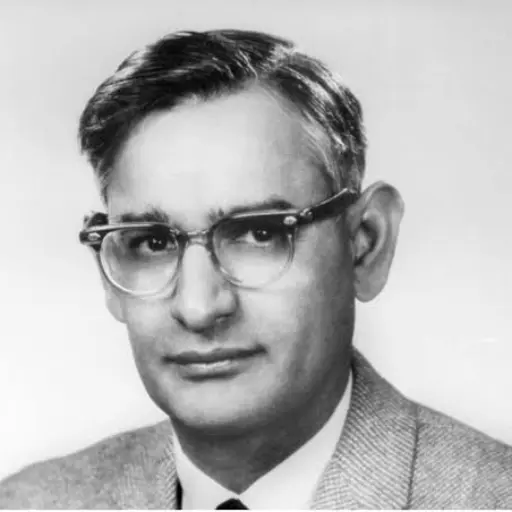
2. Har Gobind Khorana – Deciphering the Genetic Code
The Chandrasekhar Limit and Black Holes
Subrahmanyan Chandrasekhar, an astrophysicist, was awarded the Nobel Prize in Physics in 1983 for his work on the Chandrasekhar Limit, which explains how massive stars collapse into black holes. His research paved the way for modern astrophysics and our understanding of the life cycle of stars.
India’s Contribution to Space Science
Chandrasekhar’s theories continue to influence NASA and ISRO’s space research. The Chandrayaan mission and India’s growing role in space exploration reflect the brilliance of scientists like him who laid the groundwork for future discoveries.
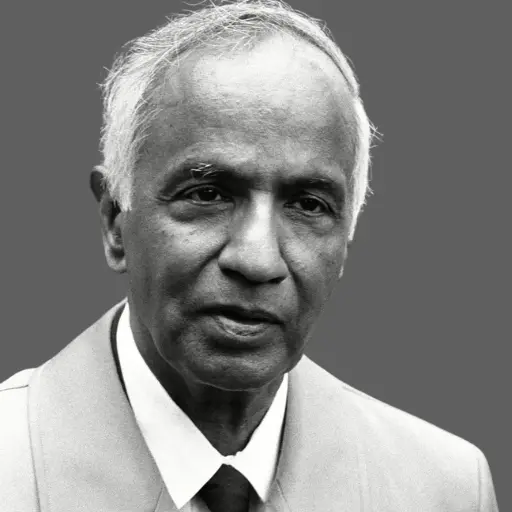
3. Subrahmanyan Chandrasekhar – Unraveling the Mysteries of the Universe
The Nobel Prize in Chemistry
Venkatraman Ramakrishnan won the Nobel Prize in Chemistry in 2009 for his work in determining the structure of the ribosome, a fundamental component of all living cells. His discovery provided crucial insights into how proteins are made in the body.
Medical and Pharmaceutical Advancements
His research has significantly contributed to the development of new antibiotics and has enhanced our understanding of genetic diseases. Ramakrishnan’s journey from India to global recognition showcases the potential of Indian scientists on the world stage.

4. Venkatraman Ramakrishnan – Unlocking the Structure of Ribosomes
The Future of Indian Science and Indian Nobel Prize Winners
India’s Growing Legacy in Science and Innovation
India has produced brilliant scientists beyond just Nobel laureates. The nation’s rapid advancements in AI, quantum computing, renewable energy, and space research suggest that more Indian names will soon be added to the list of Nobel winners.
Emerging Research Areas
Artificial Intelligence & Machine Learning: India is investing heavily in AI-driven research, with institutions like IITs and IISc leading the way.
Space Exploration: With ISRO’s ambitious Gaganyaan and Chandrayaan projects, India is pushing boundaries in space technology.
Medical Science & Biotechnology: Research in vaccines, cancer treatments, and genetic engineering is growing significantly.
The Role of Government and Institutions
The Government of India plays a crucial role in fostering scientific research through initiatives such as:
INSPIRE (Innovation in Science Pursuit for Inspired Research): Encouraging young researchers.
Startup India & Make in India: Promoting indigenous scientific advancements.
Higher Funding for Research: Increased investment in ISRO, DRDO, and CSIR to push scientific boundaries.
Encouraging the Next Generation of Scientists
To build on its scientific legacy, India must invest in STEM education and create an environment where young scientists can thrive. Steps include:
Strengthening research grants and scholarships.
Expanding access to world-class laboratories.
Encouraging collaborations with international institutions.
Indian Nobel Prize Winners: Conclusion
The legacy of Indian Nobel Prize winners is a testament to the country’s scientific potential. Their discoveries have not only benefited India but have also contributed to the global knowledge pool. As India moves forward with advancements in AI, biotechnology, and space research, the future holds immense possibilities.
Check out these links for more Info:

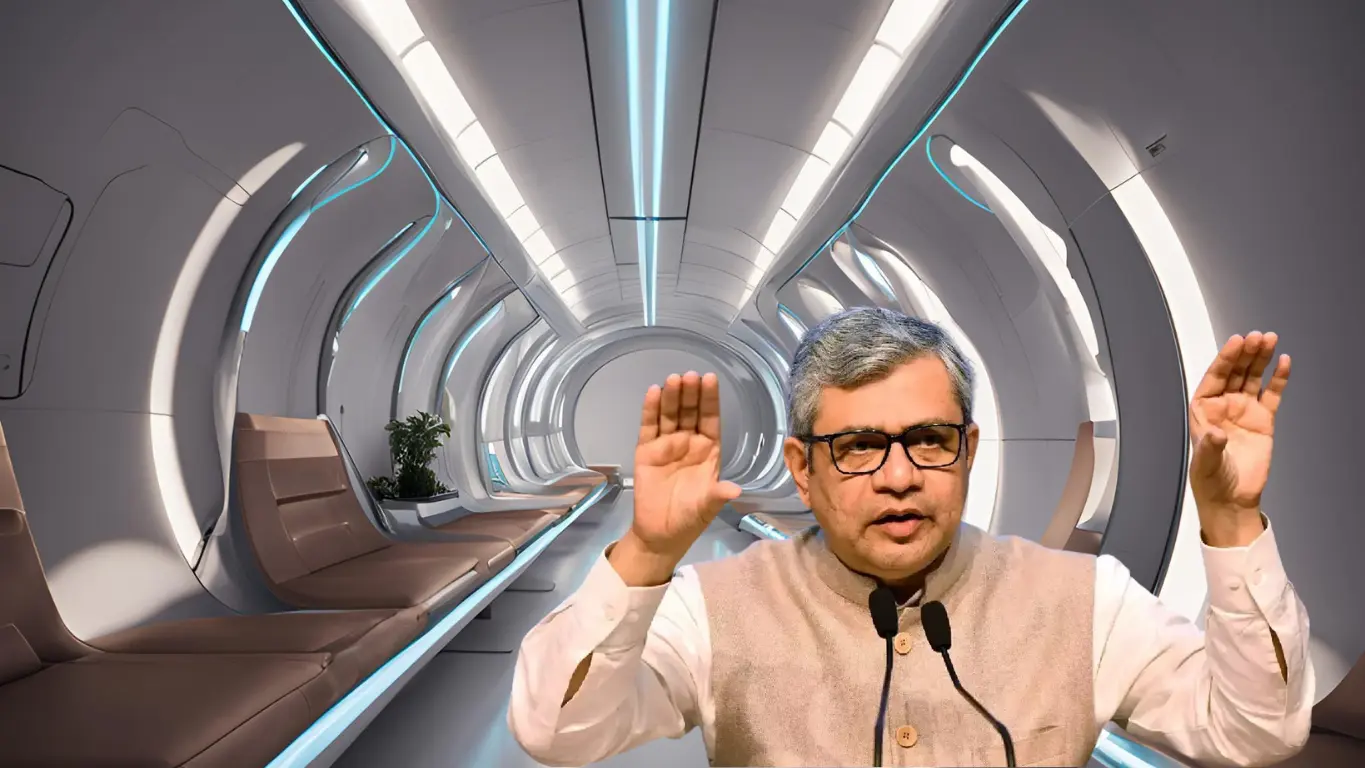
Pingback: Sunita Williams: Astronaut, Record-Breaker, and Space Pioneer